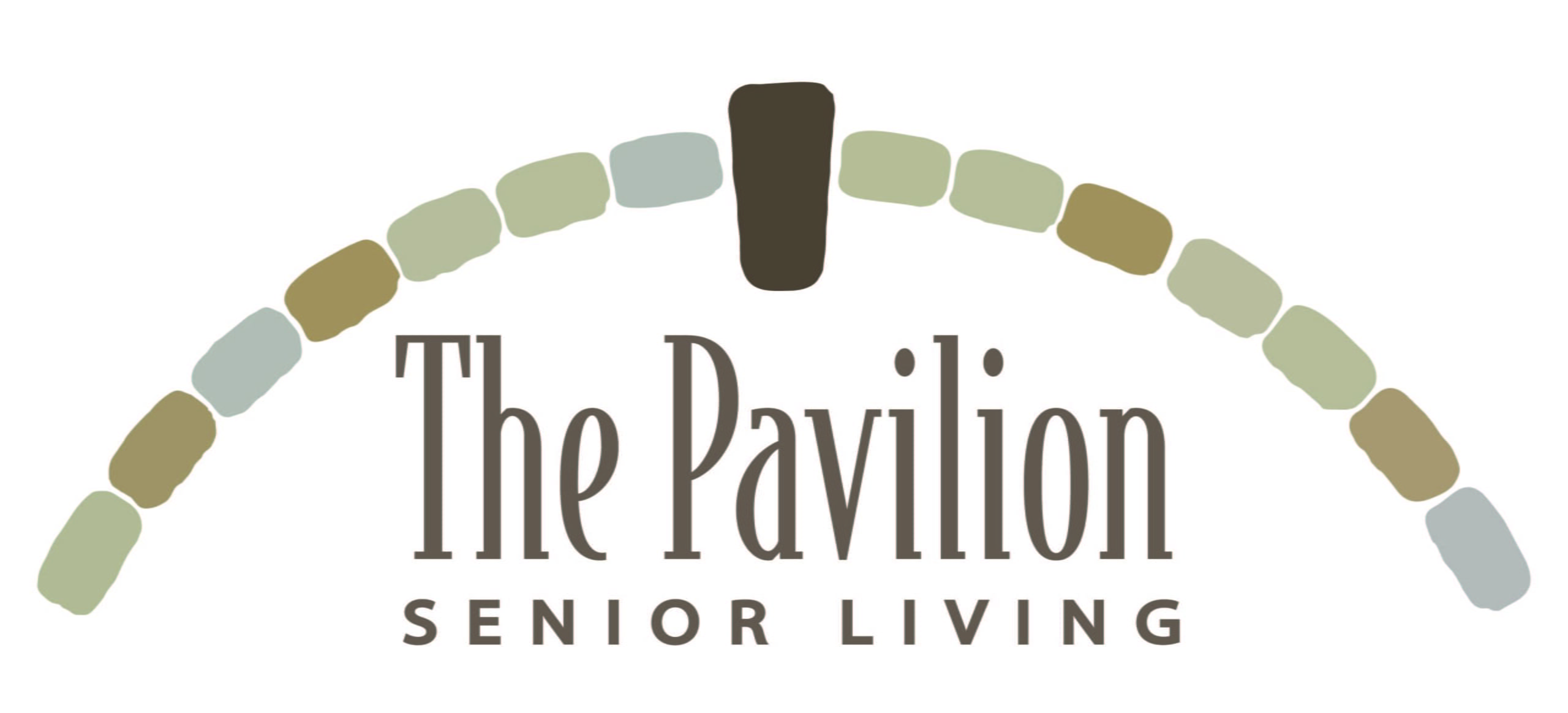Planning is vital when preparing for a transition to an assisted senior living community. You have to find a community that offers the right level of care for your needs as well as offers amenities that align with your desired lifestyle.
A major contributing factor to finding the assisted senior living community that works best for you and your family is cost. What community offers the services and care that you need and want while also fitting into your budget? How will you pay for these services? Where is the money coming from?
At The Pavilion Senior Living, with assisted living communities in Lebanon and Carthage, Tennessee, we understand that these questions may be overwhelming when you and your family start the planning process. We are sharing seven ways for individuals to pay for assisted senior living care and services.
Please keep in mind that The Pavilion Senior Living is not a financial institution, and these are only suggestions for payment options. It is recommended that you speak with a financial planner to determine the best course of action for your situation.
Private Pay
If you have been preparing and saving with senior living options in mind, private pay from income and savings may be able to cover the costs of an assisted senior living community. This is the simplest and most straightforward way to pay for assisted living, as most senior living communities accept private pay.
Long-Term Care Insurance
Long-term care insurance usually covers the costs of assisted living, but it is important to look at your policy carefully. Additionally, this type of insurance is most affordable when purchased early to middle-aged adulthood, so this may not be a great option if you do not already hold a policy.
Veteran’s Benefits
The Veteran’s Administration offers assistance to individuals who served in the military, as well as their surviving spouses. Depending on specific programs and qualifications, you may be able to get all or a part of your assisted living costs covered.
For instance, the Aid and Attendance Benefit can provide up to $1,911 monthly to a single veteran and up to $1,228 monthly to a surviving spouse. Visit their website to learn more about qualifications and additional benefits.
Home Equity
While some individuals may not be willing to sell their family home, this could be a way to cover the costs of an assisted senior living community.
If care is needed immediately and the home does not sell right away, bridge loans can allow for an immediate transition into senior living care. A bridge loan is a short-term loan that provides funds under the impression that the individual’s home will sell within usually 6 to 12 months. This option can make it possible for an individual to move into an assisted living community before their home sells.
Renting the Home
For individuals who are more hesitant to sell their homes, this option may be more feasible and preferred. When the home is rented out, the homeowner has a steady income that can be used to pay for their assisted senior living care and services.
Reverse Mortgage
A reverse mortgage enables an individual to borrow money against the equity in their home. This option can help to cover the costs of an assisted living community, but a common requirement of a reverse mortgage is that an individual has to reside in the home. This option can still be beneficial for a married couple. For example, if one spouse needs additional care, but the other still lives independently, one can transition into an assisted senior living community while the other remains at home.
Medicaid
In some states and under certain circumstances, Medicaid can cover the costs of assisted living services. For individuals who qualify, this is a great solution for covering long-term care costs. Click here to learn more about the state of Tennessee’s Medicaid program.
The Pavilion Senior Living has assisted living communities in Lebanon and Carthage, Tennessee. We know that finding a way to pay for assisted senior living can be an overwhelming process, and we are here to help you navigate the senior care journey. We encourage you to contact a member of our team with any questions or learn more about our communities.




